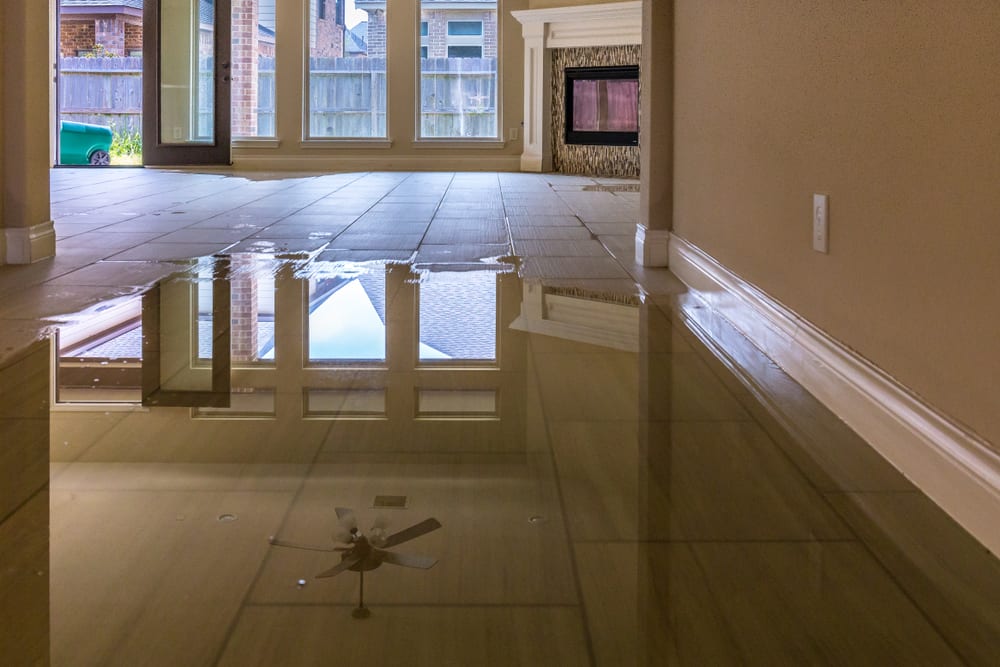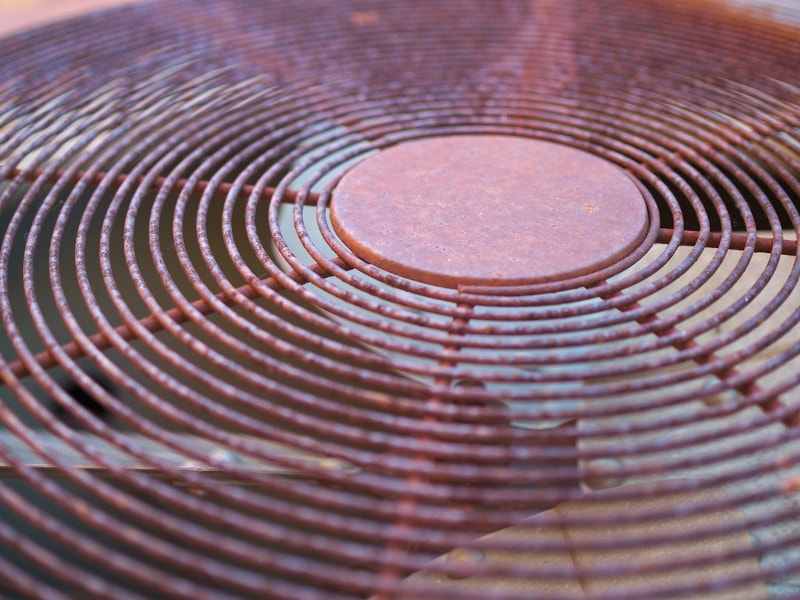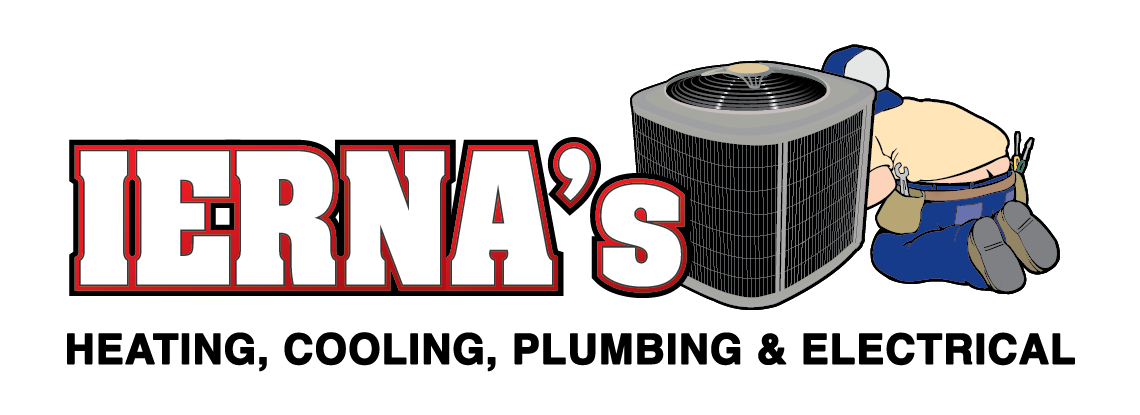
Water and electricity don’t mix. When you see your HVAC system sitting in stagnant, knee-high water, it’s normal to panic. However, flooding doesn’t always equal a death sentence to your system. If you act fast, you can take steps to curb the damage caused by a water-logged HVAC system.
Table of Contents
Learn what causes an HVAC system to flood, the potential issues with a water-logged HVAC system, and how to fix the problem so you can return to safe cooling and heating — without having to max out a credit card on a brand-new unit. Enjoy these HVAC flood tips below.
What Could Cause an HVAC Unit to Flood?
While a small amount of water is acceptable (and can even keep your unit clean and free of debris), a flooded unit can disintegrate into disarray.
There are several reasons why an HVAC unit might flood. More often than not, the biggest reason why HVAC units flood is due to severe weather events.
Of all the weather events, hurricane seasons are particularly damaging to HVAC units as it is during hurricane season, where residents often see excess flooding. As hurricanes become more frequent and volatile, your HVAC units are particularly susceptible since most outdoor units remain on the ground level. Hurricanes can enact other damage as well. Flying debris leaves, dirt, and debris can clog your HVAC system and wear down its internal components.
Meanwhile, flash flooding poses an equal risk. Flash flooding is harmful because not only do water levels rise and flood your system, but there’s generally little warning of a flash flood. As a result, homeowners don’t have enough notice to take precautions against flash floods, such as covering an outdoor unit or ensuring the backup generator is in good standing.
Melting snow presents threats as well. For example, if you live in a northern state and witness high levels of snowfall that melts quickly due to abnormally hot days, your yard will most likely flood. If you’re not careful, excess water can swamp your HVAC unit, wreaking havoc and damage.
Similarly, inadequate yard drainage can be equally destructive. Consider the heavy accumulation of water from something as innocuous as a sprinkler system. With absent or improper drainage, excess water can pool up in your yard and damage your HVAC systems.
Meanwhile, sometimes homeowners live near water. When a dam breaches or a creek surpasses its limits, the resulting surplus of water can rush into yards and cause extensive harm to the HVAC systems and other parts of the house.
But weather events aren’t the only reason your HVAC unit might flood. Burst pipes and power outages can all lead to flooding.
Several factors can contribute to the bursting of plumbing pipes, including freezing, decay, and obstructions in pumps or toilets. When pipes rupture, high levels of water inundate the yard or basement, potentially leading to the flooding of HVAC equipment.

How Can Floods Cause HVAC System Damage
If your air conditioning unit or heat pump remains submerged in water for any duration, it can significantly impair crucial components like circuits, condensers, fans, and more. If not fixed quickly, most times, homeowners will need to replace the entire flooded HVAC unit.
Moreover, should water infiltrate your HVAC equipment, it can inflict substantial harm not only on the HVAC system itself but also on the safety of your home and family.
Why is this? Too much moisture within the HVAC system can lead to mold growth, which can continue growing until bacteria spawns and organisms like molds, E. coli, and tetanus take hold. Once your HVAC system kicks on, the fan will distribute this mold into the air for you and your family to breathe in.
Needless to say, mold within your HVAC system leads to grave health risks for your family.
What Should I Do After a Flood?
The first step you want to take is to inspect the unit. If components are wet or damaged, the system could be dangerous, so proceed with the utmost caution. There is a lot of electrical work inside the unit, and it could be hazardous to tinker inside or even around it if you’re not confident about the level of damage. This is especially true if the unit is sitting in flooded water.
It’s vital that you do not turn the system on until you contact a professional. If you’re concerned about repairs, look up if you have flood insurance, as this can reduce the cost.
If you’re unsure, call for help from a certified technician who can guide you through the process to keep you and your HVAC system safe.
Issues That Can Stem from Floods
HVAC system damage from flooding can be severe. You’ll encounter several problems, like electrical component failure, mold, and performance issues.
Failures in electrical components and potential safety hazards, such as the risk of an electrical fire. The development of mold within equipment due to damp insulation within an enclosed setting is also a major concern.
Long-lasting performance problems may also occur. Even if the system appears to operate presently, substantial damage might have occurred, impacting its overall performance.
Schedule Repair or Replacement Services
HVAC flooded? When your HVAC system floods, there’s a good chance you’ll need professional flood HVAC help.
Due to electrical concerns, going the DIY route for HVAC flood damage isn’t advisable. When you have a flooded HVAC system or HVAC system damage, call the professionals at IERNA’s. Our team can assist with air conditioning repair, heating repair and plumbing repair. Call our team today to get started on your flooded AC unit.

